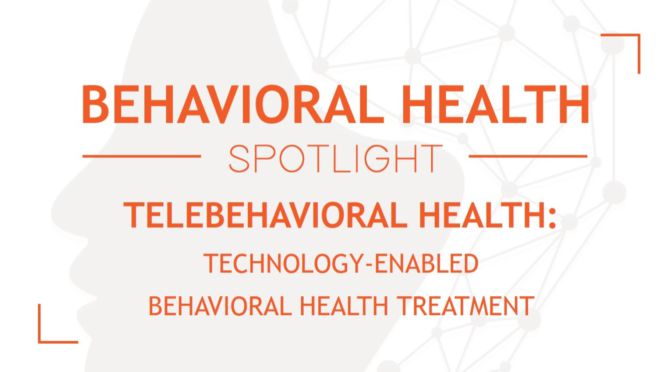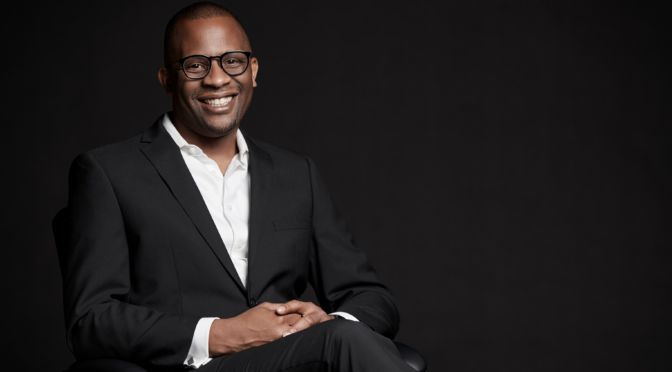BIZZELL CELEBRATES WORLD WATER DAY
Lack of clean water is an international crisis. Today, 785 million people – 1 in 9 – lack access to safe water and 2 billion people – 1 in 3 – lack access to a toilet. Every 21 seconds, a child dies of water-related disease. Children are often unable to go to school and women are unable to work because they spend thousands of hours annually hauling water to help maintain their homes.
To bring awareness to clean water issues, The Bizzell Group (Bizzell) is proud to help celebrate #WorldWaterDay on March 22. This virtual celebration – Valuing Water – helps raise awareness of the global water crisis and focuses on the United Nations’ Sustainable Development Goal #6 to help promote water and sanitation for all. The UN estimates that in 2017, some 3 billion people lacked the ability to safely wash their hands at home, which it notes is “one of the cheapest, easiest and most effective ways to prevent the spread of diseases like the coronavirus.”
An estimated 695 million of a global 2.4 billion people living without improved sanitation facilities live in Sub-Saharan Africa. As an organization on the frontlines of epidemiological and disease surveillance work with the Centers for Disease Control and Prevention (CDC) in Africa, Bizzell finds this alarming. To help address the issue, Bizzell donated water tanks and sinks for young children living in Leve Moi Orphanage in Goma, the Democratic Republic of the Congo, housing almost 70 young children and supporting another 500 youth in the community.
In addition, Bizzell works closely with the CDC, which has a full slate of resources on the need for healthy water. Under a CDC Division of Global Health Protection contract, Bizzell communications experts develop messaging and materials to help inform and educate audiences on topics critical to global health security, including clean water access. Additionally, Bizzell supports CDC with qualitative research on messaging related to food safety, including how to properly wash foods to prevent food poisoning.
Please join Bizzell in celebrating #WorldWaterDay on March 22, when the UN World Water Development Report will be released. Register now to participate in this global webinar. The health and economic stability of the world community depend on access to clean water and sanitation facilities, and Bizzell continues to integrate our subject matter expertise, our strategic partnerships, and our philanthropic focus to build healthy, secure, connected, and sustainable communities around the world.



